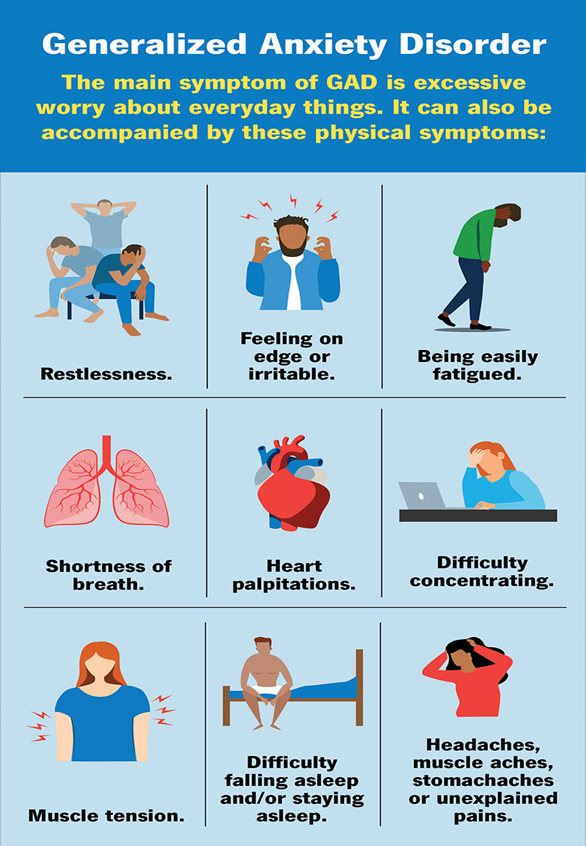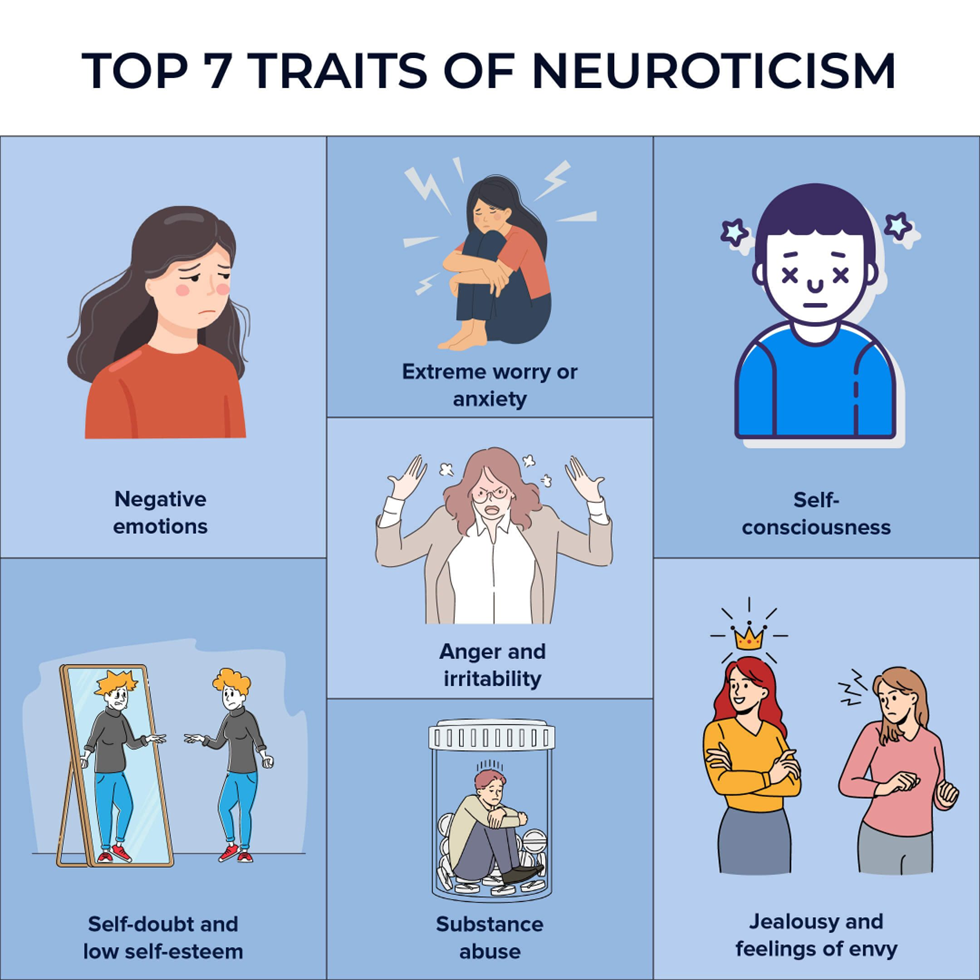A patient is prescribed morphine sulfate 5 mg IV every 4 hours as needed for a pain level greater than 7 on a scale of 0-10. Morphine is available in 8 mg/mL vials. How many mL will the nurse give for the correct dose?
Round to the nearest hundredth. Use a preceding zero if necessary. Do not use trailing zeros.
The Correct Answer is ["0.63"]
To calculate the correct dose:
- Identify the prescribed dose: 5 mg
- Identify the concentration of the available morphine: 8 mg/mL
- Calculate the volume to be administered:
- Volume (mL) = Prescribed dose (mg) ÷ Concentration (mg/mL)
- Volume (mL) = 5 mg ÷ 8 mg/mL
- Volume (mL) = 0.625 mL
The nurse will give 0.63 mL (rounded to the nearest hundredth) for the correct dose.
Nursing Test Bank
Naxlex Comprehensive Predictor Exams
Related Questions
Correct Answer is B
Explanation
Choice A Reason:
Clonazepam is to be used for long-term therapy in conjunction with buspirone.
This statement is incorrect. Clonazepam, a benzodiazepine, is typically used for short-term relief of anxiety symptoms due to its potential for dependence and tolerance1. Long-term use of benzodiazepines is generally avoided in favor of medications like buspirone, which do not carry the same risks of dependence.
Choice B Reason:
Clonazepam is to be used short-term until the buspirone takes full effect.
This is the correct response. Buspirone takes several weeks to achieve its full therapeutic effect. During this period, clonazepam may be used to manage acute anxiety symptoms. Once buspirone reaches its full effect, clonazepam can be tapered off to avoid long-term use and potential dependence.

Choice C Reason:
Buspirone should be taken as needed until clonazepam takes full effect.
This statement is incorrect. Buspirone is not intended for as-needed use; it must be taken consistently to maintain stable blood levels and achieve its therapeutic effect. Clonazepam, on the other hand, is used for short-term relief and should not be relied upon for long-term management of anxiety.
Choice D Reason:
Tolerance could result with long-term use of buspirone.
This statement is incorrect. Unlike benzodiazepines, buspirone does not typically cause tolerance or dependence with long-term use. It is considered a safer option for chronic management of anxiety disorders.
Correct Answer is D
Explanation
Choice A Reason:
The statement “The client is always aware that their behaviors are maladaptive” is incorrect. While individuals with neurotic behavior may sometimes recognize that their behaviors are maladaptive, this awareness is not consistent. Neurotic behaviors are often automatic and unconscious efforts to manage deep anxiety. Therefore, the client may not always be aware of the maladaptive nature of their actions.
Choice B Reason:
The statement “The client uses adaptive defense mechanisms to cope” is incorrect. Neurotic behavior typically involves the use of maladaptive defense mechanisms rather than adaptive ones. These mechanisms, such as denial, repression, or projection, are employed to manage anxiety and stress but do not effectively resolve the underlying issues. Adaptive defense mechanisms, on the other hand, are more constructive and promote healthier coping strategies.
Choice C Reason:
The statement “The client never has mood or personality changes” is incorrect. Neurotic behavior is often associated with mood swings and emotional instability. Clients with neurotic tendencies may experience frequent changes in mood and may struggle with regulating their emotions. Therefore, it is inaccurate to state that the client never has mood or personality changes.
Choice D Reason:
The statement “The client does not experience loss of contact with reality” is correct. Neurotic behavior, unlike psychotic behavior, does not involve a loss of contact with reality4. Clients with neurotic tendencies remain aware of their surroundings and can distinguish between reality and their internal experiences4. This characteristic differentiates neurotic behavior from more severe mental health conditions such as schizophrenia, where a loss of reality is a key feature.

Whether you are a student looking to ace your exams or a practicing nurse seeking to enhance your expertise , our nursing education contents will empower you with the confidence and competence to make a difference in the lives of patients and become a respected leader in the healthcare field.
Visit Naxlex, invest in your future and unlock endless possibilities with our unparalleled nursing education contents today
Report Wrong Answer on the Current Question
Do you disagree with the answer? If yes, what is your expected answer? Explain.
Kindly be descriptive with the issue you are facing.
